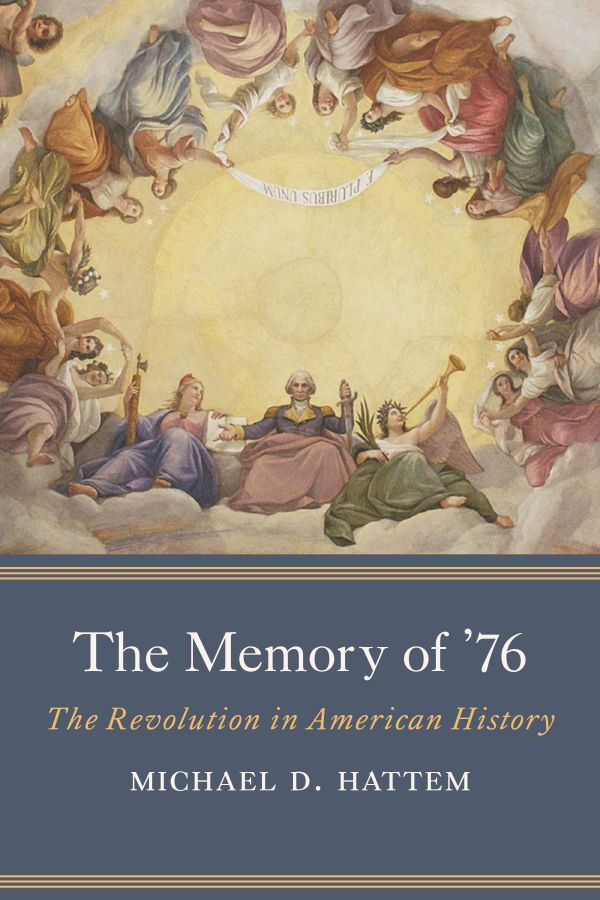Speaking for Herself: Black Women’s Voices in Colonial New Haven Lunchtime Webinar at New Haven Museum
- New Haven Museum
- Aug 8
- 2 min read

New Haven, Conn. (January 17, 2025) – What do we know—and what can we learn—about the experiences, viewpoints, and feelings of enslaved and free Black women in New Haven in the 18th century? Writer and historian Hope McGrath will share extraordinary first-person accounts of two local women in the 1700s in a lunchtime webinar for the New Haven Museum (NHM), “Speaking for Herself: Black Women’s Voices in Colonial New Haven,” on Wednesday, February 12, 2025, at 12:30 p.m. Register here. The free NH250 event will be recorded and available via New Haven Museum YouTube and social media.
The program is the first in the new NHM webinar series, “Voices of Legacy: Lunchtime Conversations on Early Black Women.” During her webinar, McGrath will share two remarkable documents. The first is the Revolutionary War testimony of Rose Luke, a free Black woman who recounted her assault at the hands of British officers during the 1779 invasion of New Haven. The second is a moving descriptive from Judith Cocks, an enslaved mother, to James Hillhouse, penned in her own hand in 1795. In these documents, Black women tell in their own words what they experienced—giving us a new way to approach and understand signal events and people in New Haven history.
McGrath notes that the women she will discuss spoke and wrote about traumatic experiences of physical violence, war, and terror, conveying their feelings of uncertainty, fear, and helplessness. “Their voices help us understand the very human dimension of great historic events—and bring us closer to people and events from hundreds of years ago,” McGrath says.
The lives of ordinary people in the past, those who did not leave behind voluminous papers or grand houses as monuments to their lives and accomplishments, have always interested McGrath. While working on the Yale and Slavery Research Project and the book, “Yale and Slavery: A History,” she came across the letter from Judith Cocks in the Hillhouse Family Papers. “I recognized that a letter like hers is exceedingly rare; seldom do we have access to the writings or testimony of enslaved women and mothers,” she says. “Records like these can help us better understand the full range of human experience, including those of women, the enslaved, the working classes, and others.”



Comments